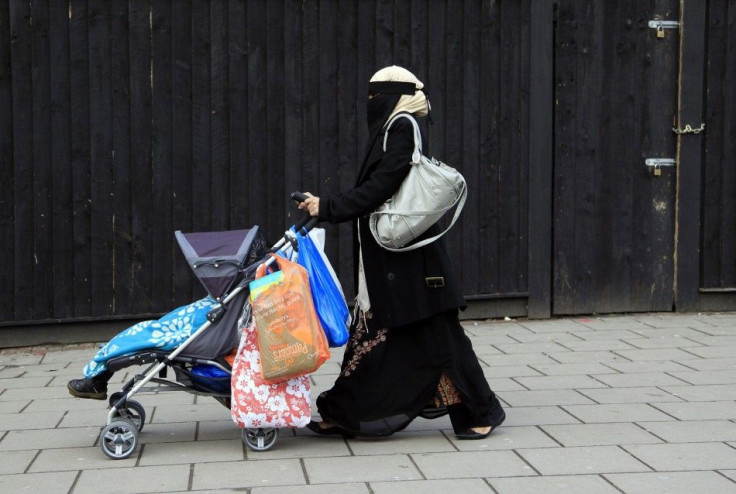Muslim Travel Boom Is Coming, But Is The Industry Ready?

Expect to see more prayer rooms at airport terminals and halal food on your hotel menu in the coming years as Muslim travelers take to the skies like never before.
A new study from Singapore-based halal travel specialist Crescentrating, with help from DinarStandard, a U.S.-based marketing and advisory firm specializing in the Muslim demographic, shows that a growing number of affluent tourists, particularly from the oil-rich Middle East, are seeking leisurely escapes across the globe.
Researchers looked at the 47 countries that comprise the largest outbound and inbound Muslim travel markets and found that spending by Muslim tourists is expected to grow from $126.1 billion in 2011 to $192 billion by 2020, rising from 12.3 percent to 13.4 percent of the global outbound tourism expenditure. This figure reflects a growth rate of 4.8 percent, compared to a global average of just 3.8 percent, and it makes Muslims as a whole a larger market than Germany, the world's largest-spending tourist market.
Rafi-uddin Shikoh, managing director of DinarStandard, said, "Muslim tourists may very well be the largest untapped niche market of the tourism Industry."
"Airlines, destinations, hotels and resorts can benefit tremendously by catering to the unique Muslim lifestyle travel-drivers [that include] Halal food, family-friendly environments, religious practices accommodation, gender-relation nuances and other areas," he said.
The concept of halal, meaning "permissible" in Arabic, designates objects or actions that are permissible to use or engage in based on Islamic law.
An online survey conducted for the study asked Muslims what they sought most when traveling for leisure. The top answers, Shikoh said, were halal food, overall price and a Muslim-friendly experience.
Malaysia is by far the top destination for Muslim tourists, according to the study, followed by Turkey and the United Arab Emirates. Saudi Arabia, meanwhile, followed by Iran, United Arab Emirates, Indonesia and Kuwait represent the biggest source of outbound travel. Several nations with sizable Muslim populations like Germany, Russia, France and the UK also contribute to the high number of outbound tourists.
Fazal Bahardeen, CEO of Crescentrating, said he hoped the new research would "let travel industry players evaluate the potential of the Muslim lifestyle travel market" and "develop key engagement frameworks for a high impact market strategy."
Many nations, he said, are not ready for the onslaught of Muslim tourists.
One country that has made steps to accommodate Muslim travelers is Australia. Queensland, for example, has encouraged Muslim travelers to enjoy Ramadan along its Gold Coast, offering an evening lounge facility for local and visiting Muslims to meet and enjoy Iftar together.
Thailand, too, is taking steps to lure Muslim travelers. The Crescentrating and DinarStandard study ranked Bangkok's Suvarnabhumi Airport as the most Islam-friendly airport in a non-Muslim nation. Moreover, Thailand's tourism authority recently held a travel show on heritage and religious tourism in Dubai, promoting halal spas and edited guides for halal food in Bangkok and Chiang Mai.
Other nations looking to capitalize on the growing market, it seems, would do well to heed the study's practical recommendations for catering to Muslim lifestyle travelers.
© Copyright IBTimes 2024. All rights reserved.





















